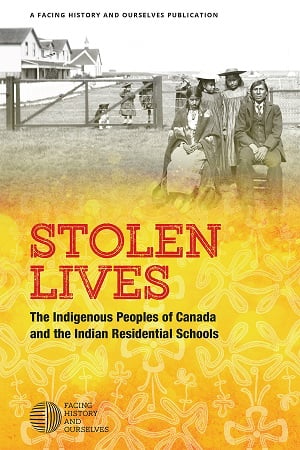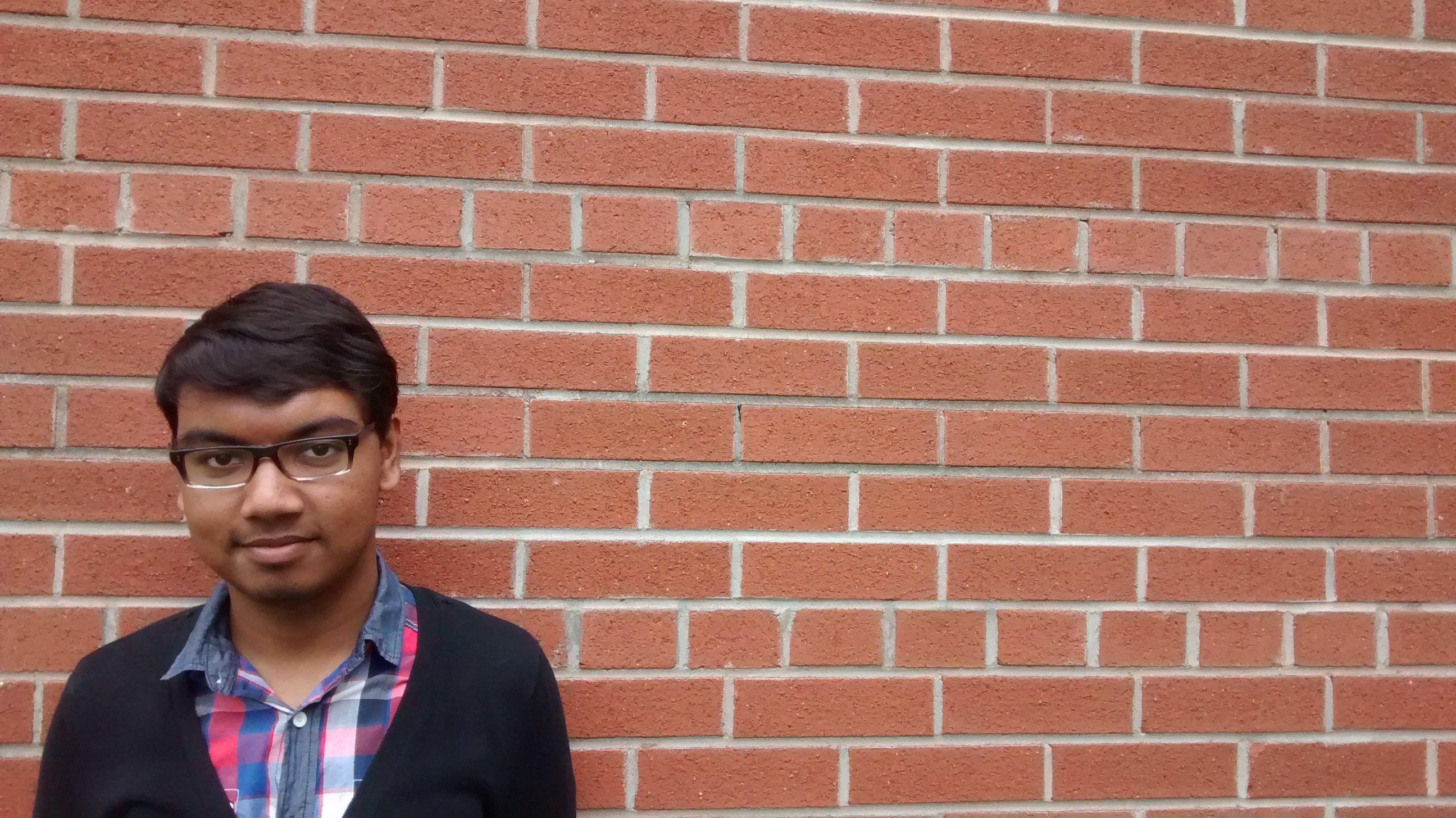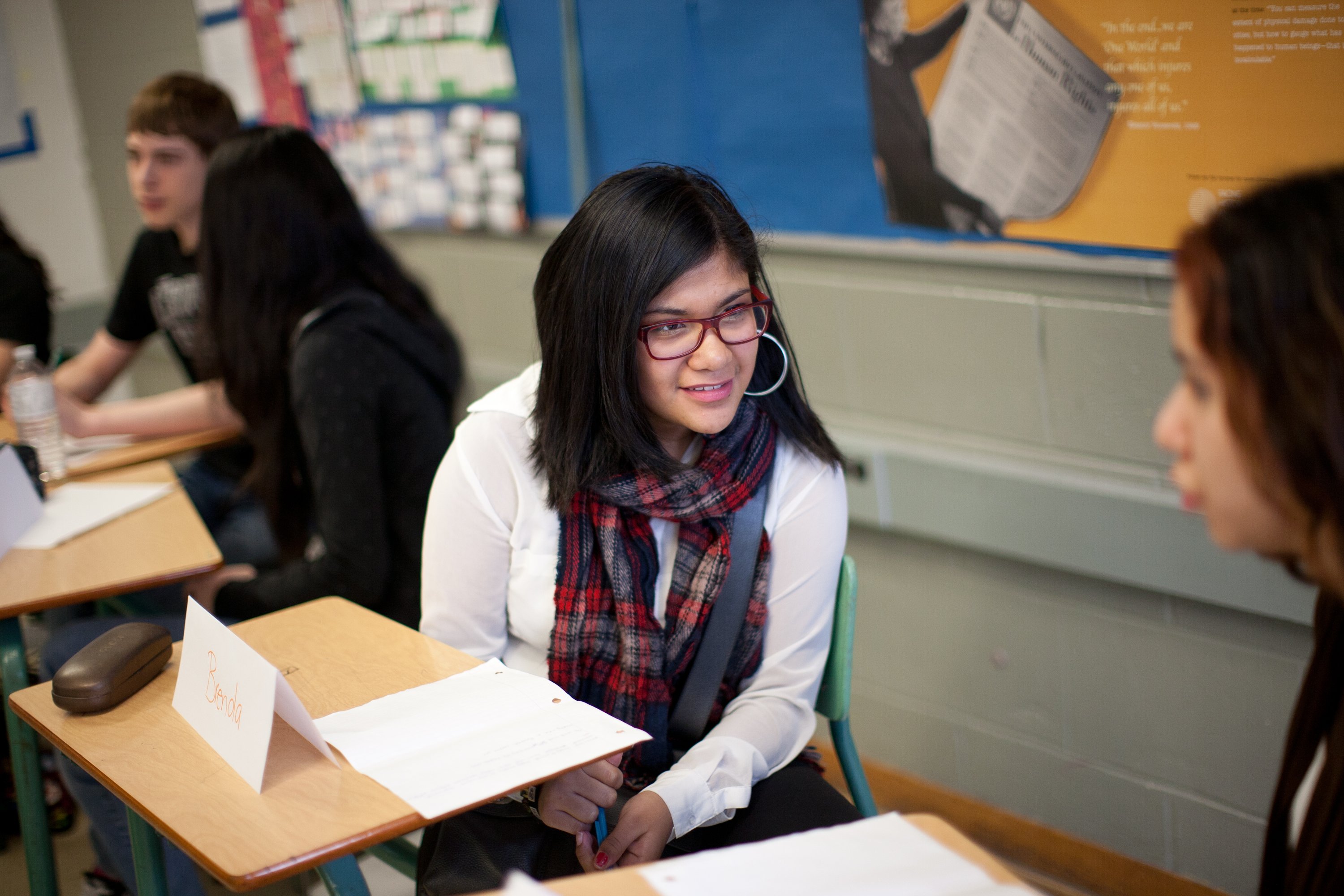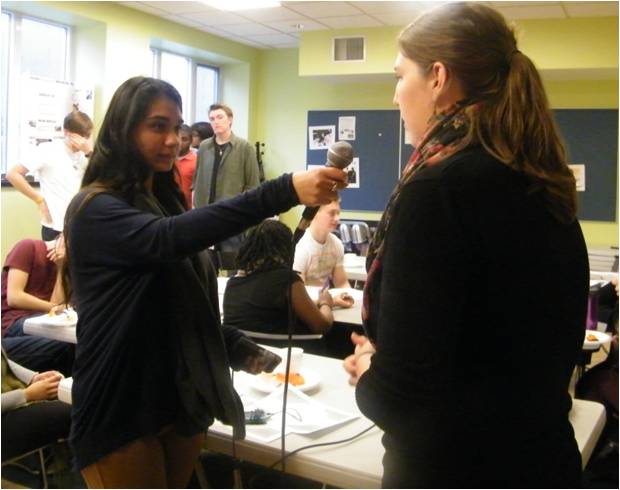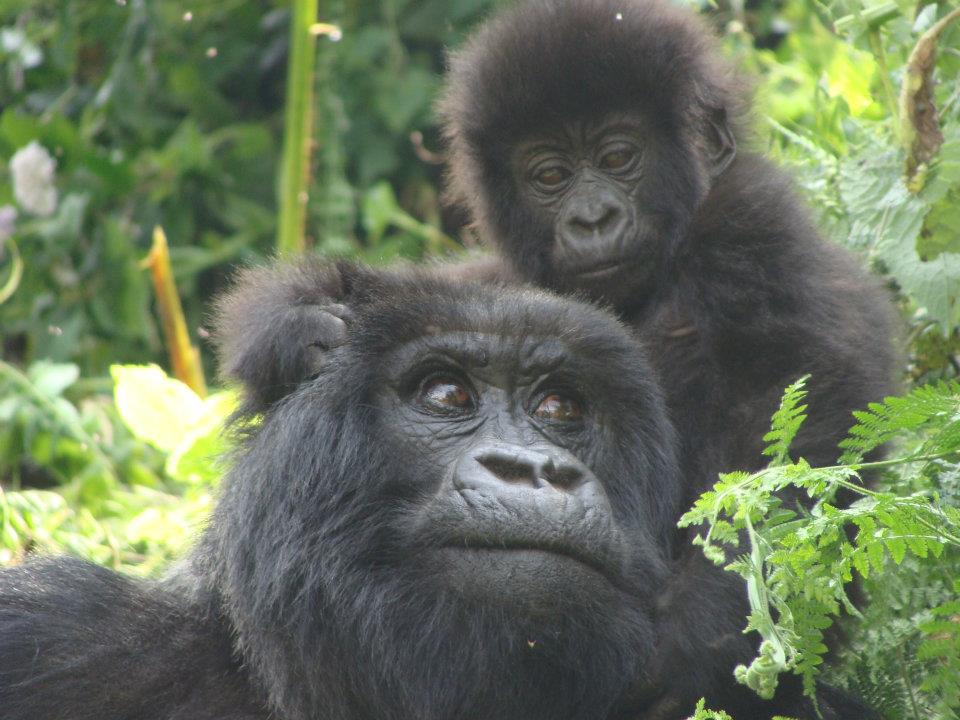During the March Break of 2016, a group of 31 students from three Toronto District School Board schools travelled to Germany, Czech Republic and Poland to learn about the history of Jewish life in Europe, and the Holocaust.
Ben Gross
Recent Posts
The truth needs to be told. The truth needs to be taught.
-Anonymous student
This year has brought a lot of change to my classroom - for one, it’s in a new school! I started the year at Central Toronto Academy (CTA) in downtown Toronto. It has been a fantastic experience working with the staff and getting to know a whole new group of students. I was particularly excited to bring Facing History and Ourselves into a new school and see how it was picked up by students unfamiliar with the organization and it's pedagogy.
Topics: Choosing to Participate, Human Rights, History, Canada, EdTech, Technology, Truth and Reconciliation, Indigenous History, current events, Indigenous, In the news, Social Justice, reflection
As an educator I often wonder what students remember once they have left my classroom. It is my hope that when they leave they take with them critical thinking skills, the ability to engage in difficult conversations, and a deeper understanding of how we are all connected - in the past, present, and future. Through all of my various attempts to learn from my students what they are getting out of their Facing History and Ourselves class, I have found that the best way to find out what students are learning is to ask them.
Each year, at the end of our grade 11 elective Facing History and Ourselves course, Genocide and Crimes Against Humanity, we take the time to reflect on our learning and ourselves. This year a group of students from my classroom chose to participate in a reflective interview process in lieu of their final journal entry assignment, and agreed to share their reflections.
Below, as inspired by the popular blog Humans of New York and the Facing History project, Humans of the Woodlands, you'll have the chance to glimpse into the classroom learning and life of a few of my Facing History and Ourselves students.
Topics: Choosing to Participate, Identity, History, Holocaust Education, Memorial, We and They, Culturally Responsive and Relevant Pedagogy, legacy, Genocide and Crimes Against Humanities Course, Holocaust and Human Behaviour, Inside a Genocide Classroom, Social Justice, Personal history, reflection
3 Ways Students Can Choose to Participate as an End of Year Project
Posted by Ben Gross on April 30, 2015
Over the years I have had many conversations with colleagues about how the Facing History and Ourselves’ Scope and Sequence—the framework for investigating atrocities in history—works in our classrooms. One of the topics that is brought up often is the last phase, Choosing to Participate.
Topics: Choosing to Participate, Inside a Genocide Classroom
Stories matter: They shape the way we see ourselves, the way we see others, and the way we understand history. By sharing and listening to stories, we recognize ourselves as part of the human story, as individuals who can change the narrative by making positive choices and shaping our world.
Topics: Safe Schools, Identity, Media Skills, Technology, digital stories, Radiozilla, Genocide and Crimes Against Humanities Course
We are very happy to welcome the voice of student Anmol Sandhu to the Facing History and Ourselves Ontario Network blog this week as she reflects on the power of choosing to participate.
Topics: Choosing to Participate, Identity, Media Skills, current events, We and They, Culturally Responsive and Relevant Pedagogy, Genocide and Crimes Against Humanities Course, CHG, Social Justice
Help Students Think Deeply About the Roles They Play and the Choices They Make
Posted by Ben Gross on August 12, 2014
As a high school teacher, one of the most common things that I hear when walking through the hallways is the refrain of students dishing out advice to their friends: “If that happened to me, I would’ve done/said _______.”
When I hear it, my first reaction is to wonder if there is truth in the advice. And if there is, how much?
Topics: Choosing to Participate, Identity, History, Strategies, Genocide and Crimes Against Humanities Course, Lesson Ideas
Over the past three months Facing History and Ourselves, in partnership with Regent Park Focus and with funding from Mozilla Hive Community Projects, worked with students from several Toronto District School Board high schools to create short radio pieces exploring issues important to local youth. This project was called RadioZilla.
Topics: Choosing to Participate, Facing History Resources, Identity, EdTech, Innovative Classrooms, Media Skills, Technology, Radiozilla, Inside a Genocide Classroom, Personal history
Last Thursday I spent the morning working with a group of educators in Hamilton, exploring a Facing History pathway through the new Ontario Grade 10 Canadian History curriculum. It was a morning full of rich conversation and learning about both Canada’s history and its present, and how they inform each other. We began the morning with an activity using poetry to discuss the first step of the Facing History and Ourselves Journey: Identity. We talked a lot about what it meant to be Canadian in the past and what it means to be Canadian today. How have we changed? How have we remained the same? Who are the individuals that make up "we"?
Topics: Identity, History, legacy, In the news, Personal history
The beginning of any Facing History and Ourselves journey is an investigation of identity and membership. As we study these concepts in history, we see the impact that they have on the way that people see the world and the choices that they make. We all have our own individual and group identities – but how do we expand those? How do we include more people, more 'others,' in our universe of obligation?
Topics: Choosing to Participate, Identity, We and They, Personal history


